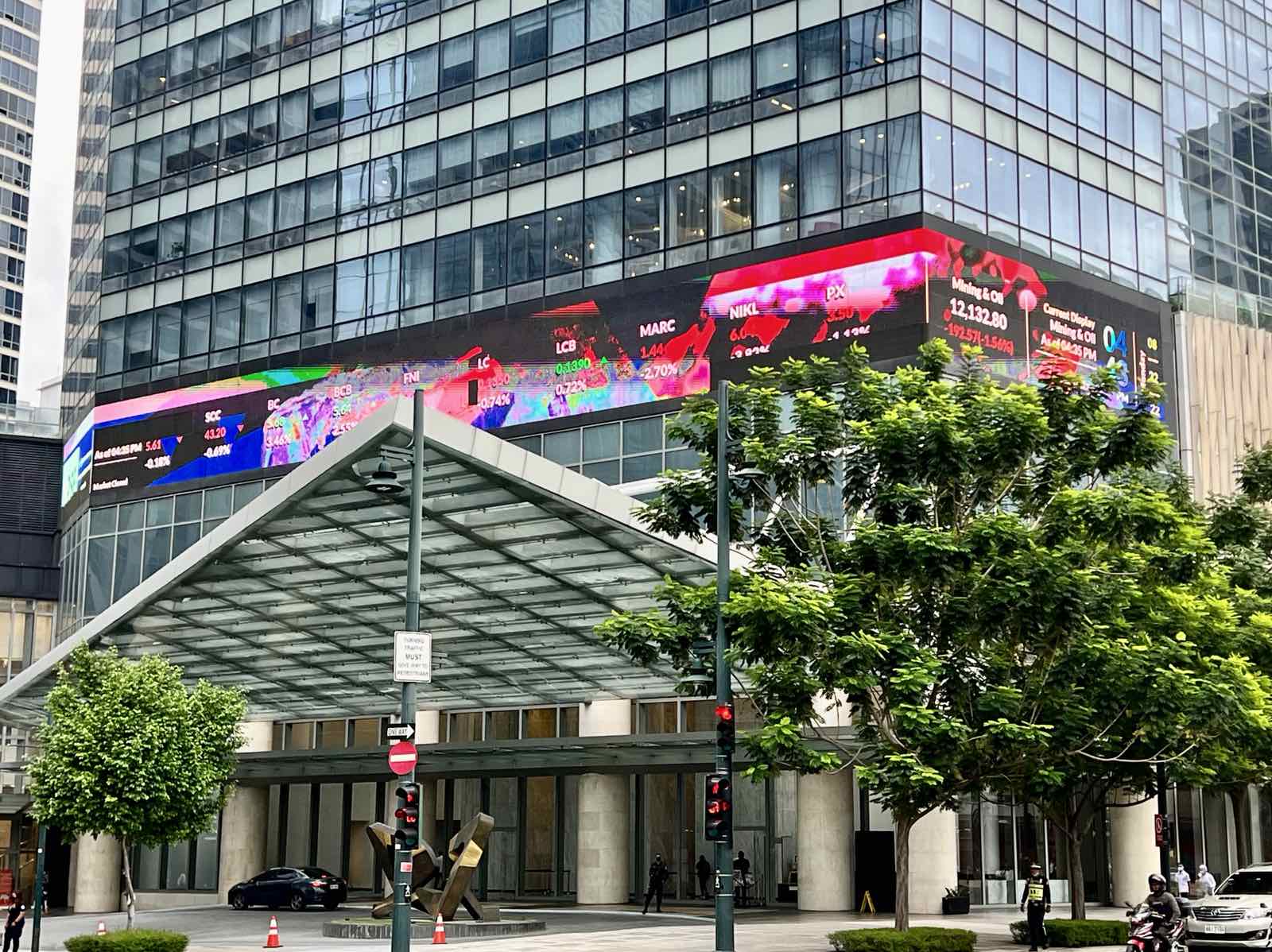
ANALYSTS expect inflation, which has risen for the last two months, to breach the 2.0- to 4.0-percent target in April due to rising food prices and base effects.
"[W]e expect headline inflation to eventually breach the BSP's (Bangko Sentral ng Pilipinas) target band until August this year," HSBC Global Research economist Aris Dacanay said.
Consumer price growth accelerated to 3.7 percent in March from 3.4 percent a month earlier, and Dacanay said the result aligned with expectations of above-target results in the second quarter, potentially causing some market volatility.
Economist Aris Dacanay. PHOTOS BY J. GERARD SEGUIA"Looking closely, the rise is mostly due to unfavorable base effects," he noted. "More specifically, the base effects are coming from rice. Remember that global rice prices steeply rose in August last year."
Dacanay said that while global rice prices remained high, a Palace order extending lower tariffs had helped limit the increase in domestic prices of the staple, resulting in a slower acceleration since December compared to the sharp rise seen in August and September.
By August this year, he added, favorable base effects are expected to lead to a notable decrease in headline inflation.
"This isn't to say that rice prices aren't a concern. Since rice is a big staple in the Philippine consumer basket, high rice prices may spill over to the other components of the CPI (consumer price index) basket," Dacanay continued.
Rice inflation rose to 24.4 percent last month from 23.7 percent in February, accounting for 1.8 percentage points of overall inflation. It was the highest since the 24.6 percent recorded in February 2009.
Pantheon Macroeconomics economist Miguel Chanco, for his part, said that headline inflation rate was likely to slightly exceed 4.0 percent in April due to continued food inflation, but "this should be the peak."
"We are less anxious about the inflation picture for the rest of 2024," Chanco said, although the full-year average could be slightly higher than previously forecast at 3.4 percent.
Zeno Abenoja, director of the BSP's Department of Economic Research, reiterated earlier central bank warnings that the impact of the El Niño weather pattern could push inflation past 4.0 percent in the next three months.
"It could be slightly above the upper end of the target because of the El Niño impact and some base effects," he said. "But it won't be as high as we saw last year."
Read The Rest at :








